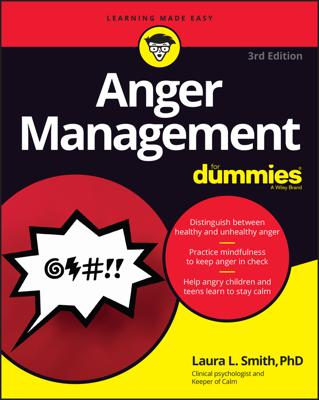Have you ever noticed how some people always seem to be in a good mood (or who always seem angry), no matter what’s going on in their lives? For years, psychologists really haven’t understood those people who are always happy. They were far too busy studying the opposite kind of people — those who seem to lack those qualities that allow people to transcend life’s many difficulties.
But that’s all beginning to change with the advent of what is called positive psychology, which identifies and strengthens the assets a person has (things like optimism, resilience, wisdom, hardiness) to thrive in the face of adversity and achieve optimal success in life.
Proponents of positive psychology point out the critical role that emotions like joy, love, and contentment play in helping human beings flourish in the course of everyday life. Flourishing is the opposite of languishing, which suggests that someone is in a rut, going nowhere, and feeling bad.
According to Dr. Barbara Fredrickson (of the University of Michigan) and her colleagues, there is a critical positivity ratio of roughly 3-to-1 (positive emotions over negative ones) that is necessary if you’re to flourish at any point in your life. Think of it like a recipe — three parts joy/love/surprise to one part irritation. Anything less than that and it’s a recipe for languishing.
Once a week, take a 24-hour sampling of your emotions — both positive and negative. Find a quiet time and circumstance, preferably at the end of the day to review the following emotions. Circle any feelings or emotions you experienced that day.
Now, count up the positive feelings and divide by the number of negative ones. This is how you derive you positivity ratio. If the value is below 2.9, you’re in trouble! If it’s 2.9 or above, you’re more than okay.
| Positive | Negative |
|---|---|
| Appreciated | Afraid |
| Contented | Angry |
| Curious | Annoyed |
| Excited | Anxious |
| Happy | Ashamed |
| Interested | Dejected |
| Joyful | Disinterested |
| Loved | Frustrated |
| Respected | Guilty |
| Satisfied | Irritated |
| Surprised | Sad |
| Validated | Worried |
If you’re a little short on the positive feelings, think of some activity, pastime, or social situation that can make you feel more appreciated, valued, and excited — and then go for it!

